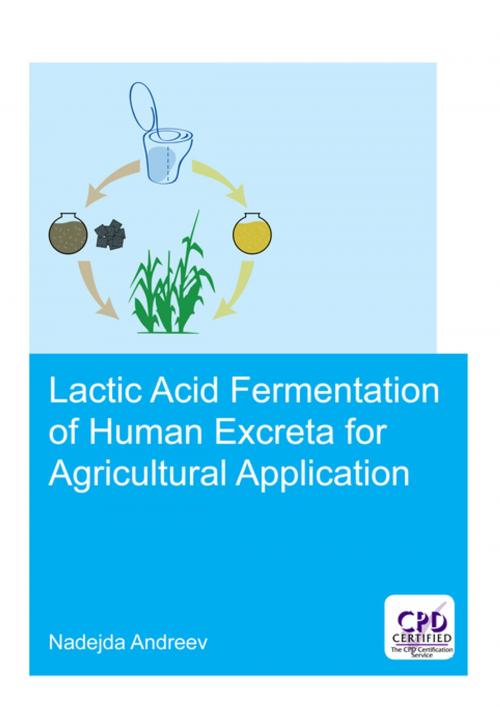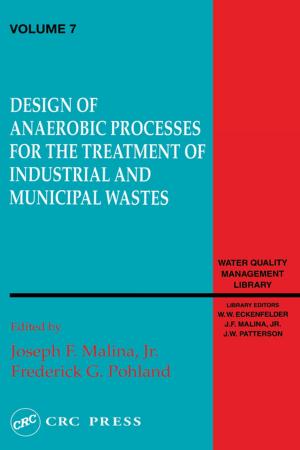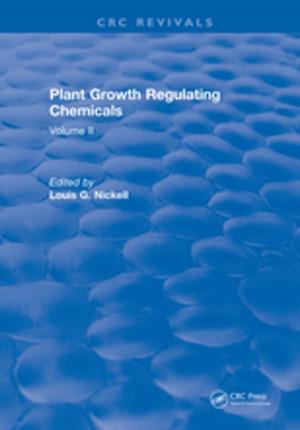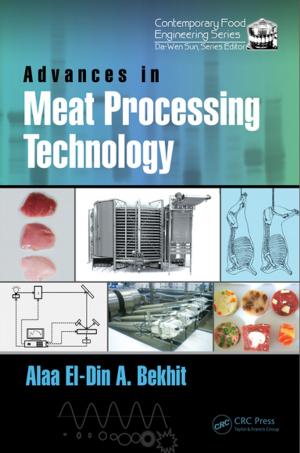Lactic acid fermentation of human excreta for agricultural application
Nonfiction, Science & Nature, Science, Biological Sciences, Botany, Technology, Agriculture & Animal Husbandry, Environmental Science| Author: | Nadejda Andreev | ISBN: | 9781351649681 |
| Publisher: | CRC Press | Publication: | November 14, 2017 |
| Imprint: | CRC Press | Language: | English |
| Author: | Nadejda Andreev |
| ISBN: | 9781351649681 |
| Publisher: | CRC Press |
| Publication: | November 14, 2017 |
| Imprint: | CRC Press |
| Language: | English |
Human excreta is a valuable fertilizer for improving soil quality and crop productivity, with a potential to replace or complement the mineral fertilizers. The main challenges related to human excreta regarding agricultural applications are microbial contamination risks, loss of nutrients, and odor issues. Fertilization by lacto-fermented faeces supplemented by biochar has benefits such as improved soil bulk density, nitrate and potassium concentrations as well as the yield and yield components of corn, compared to untreated, simple stored faeces, urine, cattle manure, and unfertilized controls. Even though the mineral fertilizer produced corn with significantly higher height and leaf length, it did not add significantly higher yields than lacto-fermented faeces supplemented by biochar.
A faeces treatment process by combined lacto-fermentation with thermophilic composting and biochar supplementation had better reduction of coliforms, Escherichia coli, Enterococcus faecalis and Clostridium perfringens, and higher germination of radish and growth of tomatoes than combined lacto-fermentation with vermicomposting. Urine lacto-fermentation contributed to a pH reduction below 4, a decrease in the ammonium concentration and odor strength, as well as an increase in the germination rates compared to untreated stored urine.
The results of this study provide important information that can set the basis for scaling up a sustainable technology for the treatment of source separated human excreta while improving its potential for resource recovery.
Human excreta is a valuable fertilizer for improving soil quality and crop productivity, with a potential to replace or complement the mineral fertilizers. The main challenges related to human excreta regarding agricultural applications are microbial contamination risks, loss of nutrients, and odor issues. Fertilization by lacto-fermented faeces supplemented by biochar has benefits such as improved soil bulk density, nitrate and potassium concentrations as well as the yield and yield components of corn, compared to untreated, simple stored faeces, urine, cattle manure, and unfertilized controls. Even though the mineral fertilizer produced corn with significantly higher height and leaf length, it did not add significantly higher yields than lacto-fermented faeces supplemented by biochar.
A faeces treatment process by combined lacto-fermentation with thermophilic composting and biochar supplementation had better reduction of coliforms, Escherichia coli, Enterococcus faecalis and Clostridium perfringens, and higher germination of radish and growth of tomatoes than combined lacto-fermentation with vermicomposting. Urine lacto-fermentation contributed to a pH reduction below 4, a decrease in the ammonium concentration and odor strength, as well as an increase in the germination rates compared to untreated stored urine.
The results of this study provide important information that can set the basis for scaling up a sustainable technology for the treatment of source separated human excreta while improving its potential for resource recovery.















